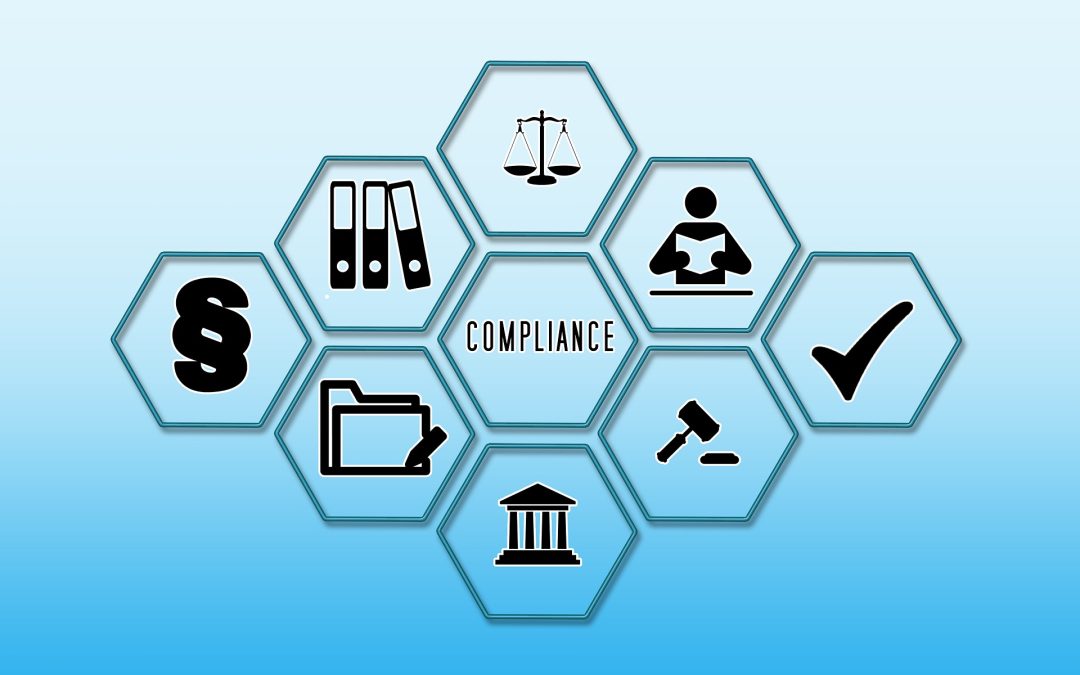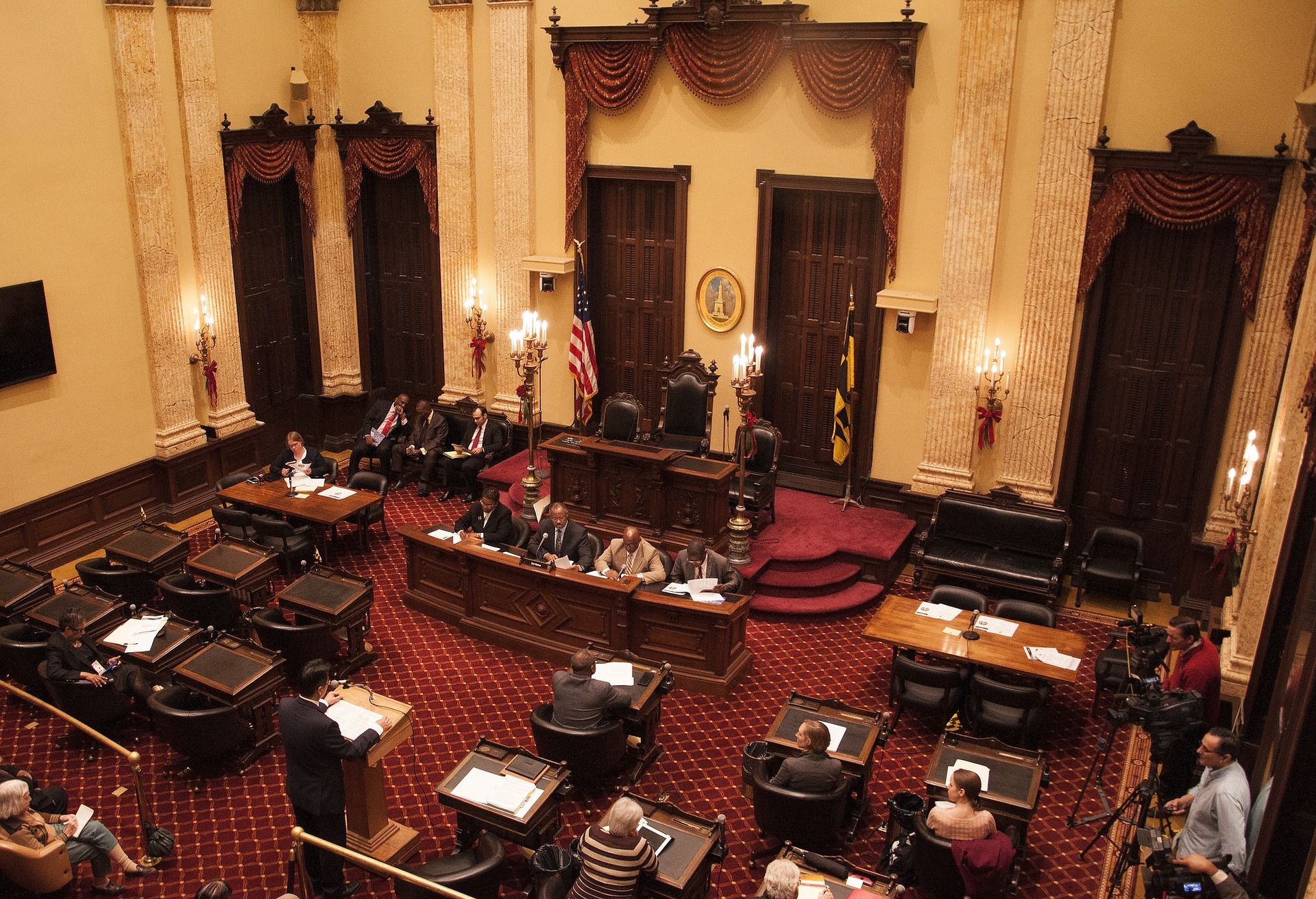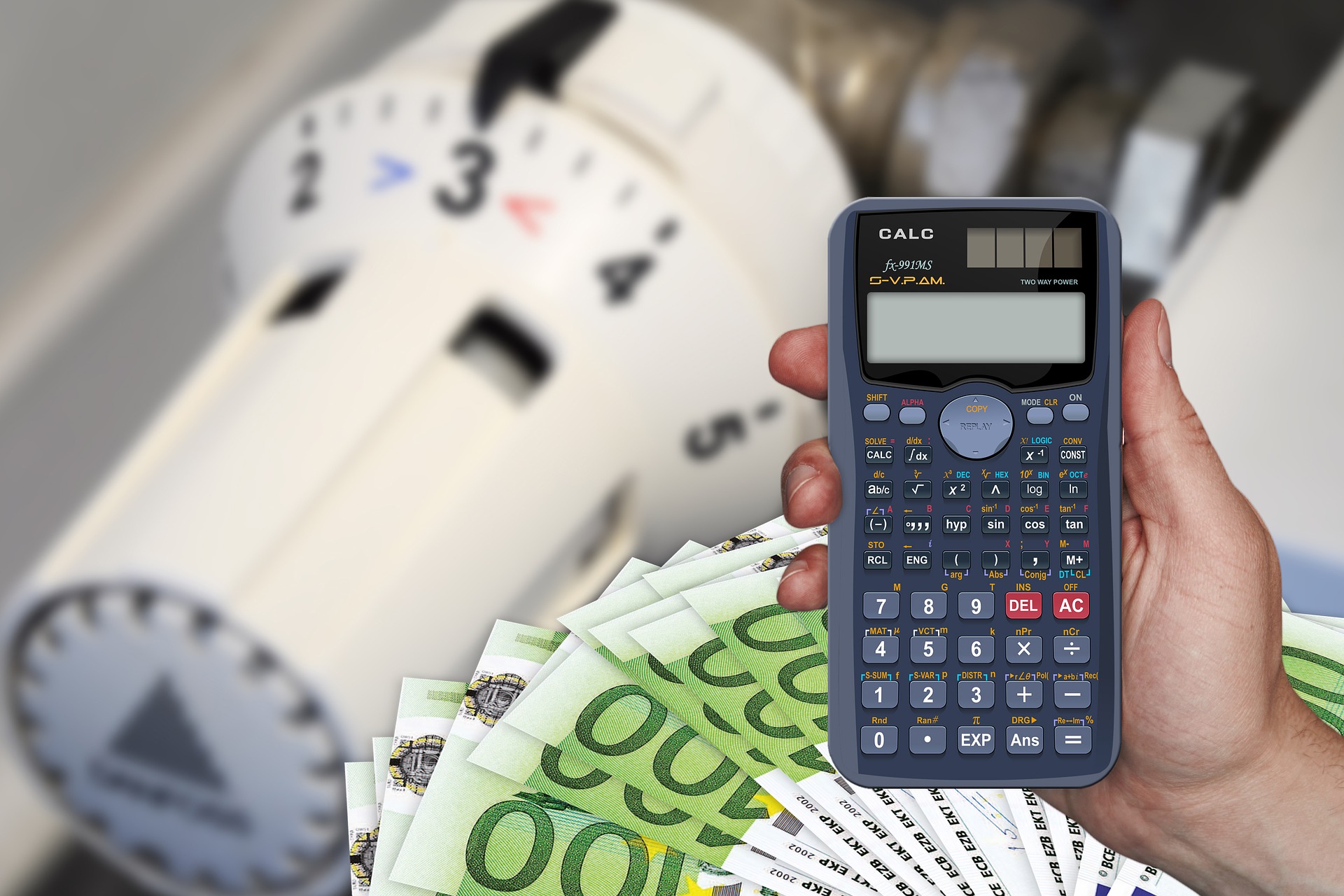Nothing in life is perfect. Rarely, a Florida trial court may incur some mistake in the process of determining the outcome of a lawsuit. In such cases, it is possible to appeal the decision and rectify possible injustices.
Nonetheless, appealing a judgment in Florida is not an easy task, as once the process proceeds to a higher court, it is not possible to re-arrange the evidence in the case. In this article, you will discover how the appeal process works in Florida.
What is an Appeal? – Understanding the Legal Concept
In essence, an appeal serves to review the existence of a mistake or error that occurred during a lawsuit decision. Hence, if a prosecutor, defense attorney, or trial judge incurred some mistake during a trial or sentencing, an appeal will take the fact to the appreciation of a higher court.
However, it is crucial to note that an appeal is not a new trial. Consequently, none of the attorneys involved in the process will have the chance to call witnesses or present further evidence to the case.
Ultimately, the appellate court will determine whether or not the lower court committed any mistake in the procedure or application of the law during a lawsuit.
How Does the Appeal Process Work in Florida? – Understanding the Process
Although everyone has the right to file an appeal within 30 days of the judgment and sentence, it does not mean that an appellate court will take the matter into appreciation.
The reason is there must be specific issues that occurred during the process to justify an appeal, such as the omission of evidence, prosecutor prejudice, a legally incorrect verdict, or errors committed by the jury.
In this context, the time frame for an appeal process varies depending on the circumstances of each case. The more complex a case is, the more it will contribute to the length of time the appeal will take. Generally, appealing procedures may take from 8 to 18 months.
In Florida, it is not mandatory to hire an attorney to appeal a court decision. However, trying to appeal a judicial decision on your own is not the ideal approach. In this context, it is crucial to work with an expert attorney with experience in appellate law.
How Does the Appeal Process Work in Florida? – An Overview
After sitting down with an expert appellate attorney, the appealing party has 30 days from the date of the original verdict to file an appeal. Then, it is necessary to obtain a record on appeal from the trial court.
In this document, the trial court’s clerk registered the whole trial process, including the transcripts of the court’s reporter throughout the case – hearings, trial, and sentencing. An expert appellate attorney will utilize these documents to identify any errors that occurred during the trial process.
After reviewing all the records and identifying an error in the records, the attorney will prepare an initial brief to present the legal argumentation to support the appeal. Then, the opposing side will have the chance to respond, trying to uphold the primary verdict.
Unlike a trial, the defense always has the last word during an appeal. Hence, the attorney will file another brief responding to the defense of the opposing side. At this phase, most cases proceed to an oral argument before the court of appeals, although some cases may be resolved with a written brief.
If the responsible court of appeals grants oral argument, each party’s lawyers will defend their clients in front of three judges while discussing the points of the appealing process.
Once the process is concluded, the parties must wait for the appellate court’s decision. Usually, it may take between three and six months. Depending on the appellate court’s decision, the case may go through a new trial, receive a new verdict, or reaffirm the initial verdict.
Work with an Experienced Appellate Attorney from Jurado and Farshchian, P.L.
With more than a decade of experience in appellate law, Attorney Romy B. Jurado has a successful record defending an extensive list of clients in Florida. Waste no time – get in touch today by calling (305) 921-0976 or emailing [email protected] to schedule a consultation.





